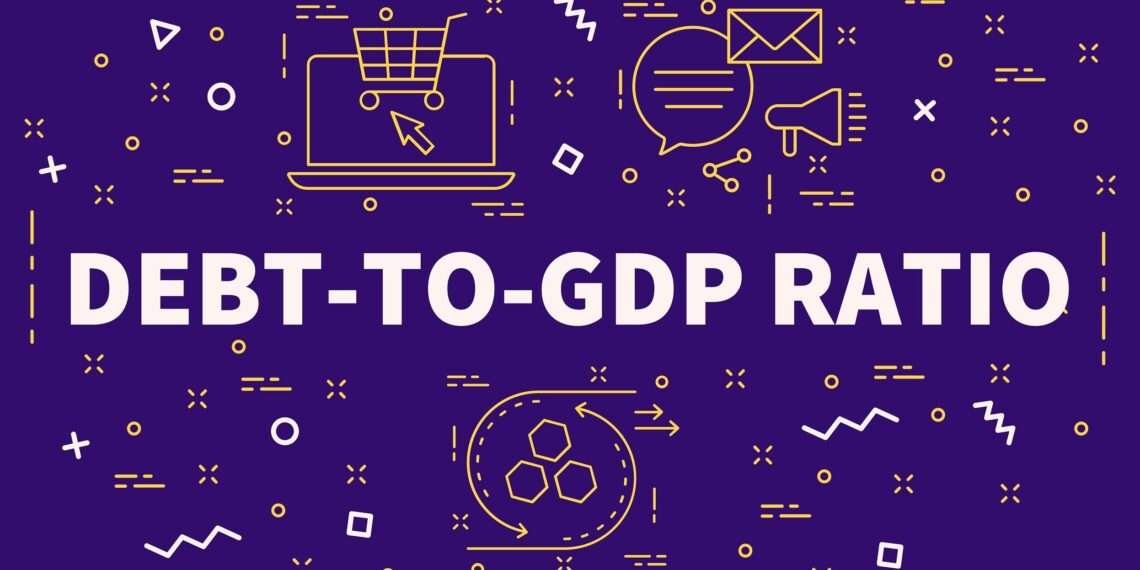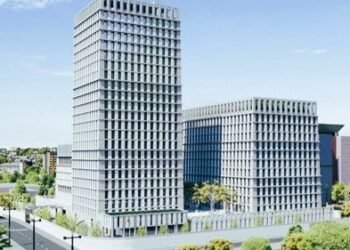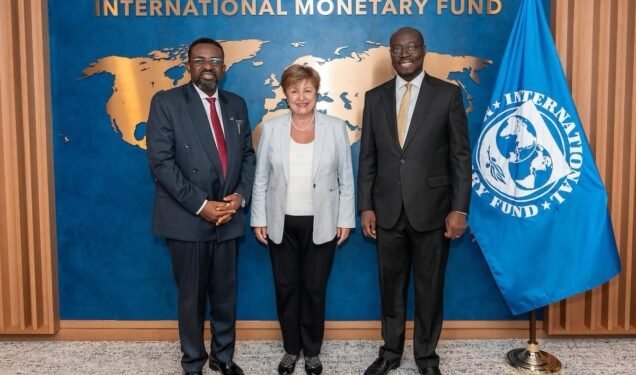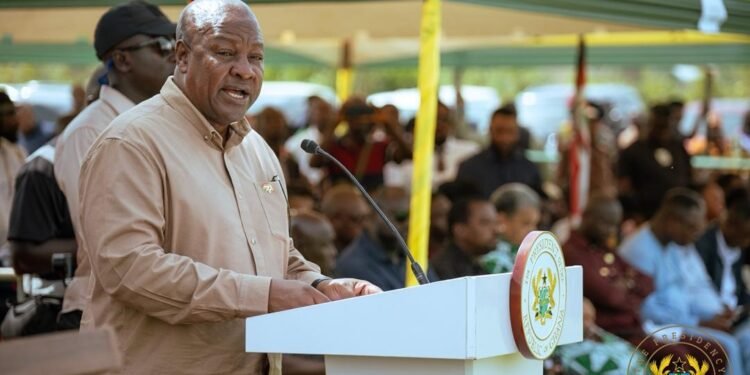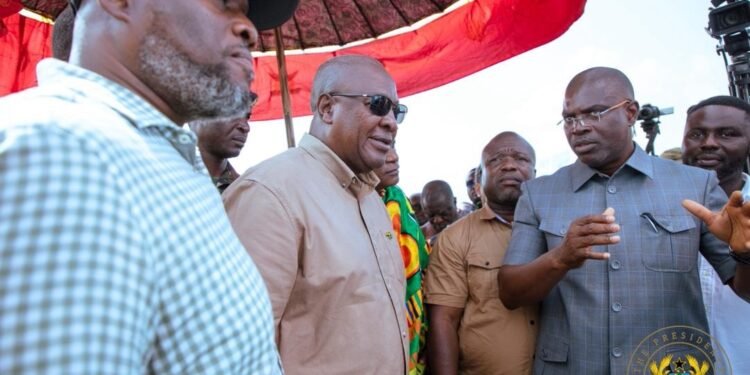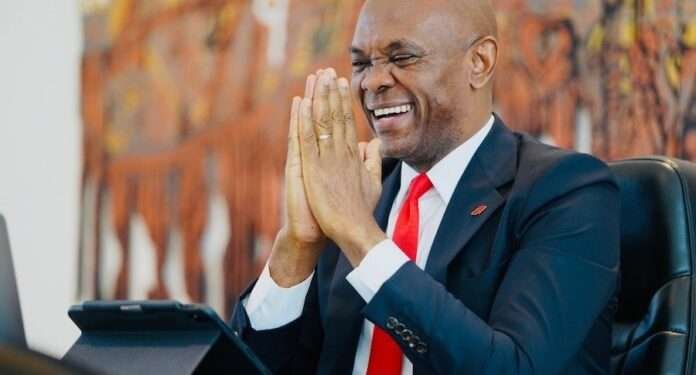Research Fellow at the Centre for Social Policy Studies (CSPS) at the University of Ghana, Dr. Kwadwo Opoku, has stated that Ghana’s current debt to GDP ratio is overestimated and does not reflect the true state of the country’s debt situation.
As such, he is advising the government to rebase the economy since investors look at the debt to GDP ratio to make decisions on holding the country’s debt as well as the premium to charge.
“Look at our GDP, this has been an estimate that can change once we rebase. Because you are looking at your economy at a given time, if you change the base, you can see that your economy will expand. If you do this in 2023, 2014, we are going to see that this debt to GDP ratio that people are using to grade us; it’s going to fall.
“So, actually, the debt to GDP ratio that we are using is overestimated. And that’s why there is the need for us to do our rebasing for the accepted duration, five years”.
Dr. Kwadwo Opoku
Dr. Opoku explained that the market looks at the country’s debt to GDP ratio and peg the risk premium, so the interest rates that investors will quote will be very high once the ratio is high. He stated that the last time the country did its rebasing of the economy was in 2013. According to him, whenever the country does rebasing, “on average, you get at least 20% increase in your GDP”.
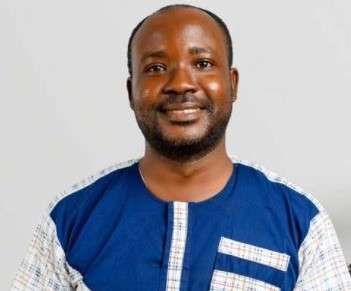
The Economist lamented that “it’s quite unfair” that the country has lost access to the international capital market this year due to several factors including high debt to GDP ratio attributable to undervaluation of GDP that resulted from the failure to rebase the economy. Dr. Opoku is of firm conviction that the country will witness a significant decline in its debt to GDP ratio once the rebasing is done because government’s net borrowing has been on the decline over the years.
Meanwhile, Dr. Opoku underscored that the nominal debt to GDP ratio of the country should not be a major concern rather, “I’m concerned about debt servicing” since that is the amount that “you are actually paying”.
Cut in expenditure by 20%
Currently, Ghana’s stock of public debt stands at GH¢344.6 billion at the end of November 2021, up from GH¢291.8 billion at the end of 2020. In terms of GDP, the total public debt as at End-November 2021 was 78.4 percent, higher than the 76.1 percent registered in December 2020.
To address the mounting fiscal challenges, the government’s own fiscal consolidation plan presented in November 2021 sets more ambitious targets, supported by new revenue measures worth 3% of GDP, one of which is the proposed E-Levy. The government also announced a 20% cut in primary spending to compensate for any shortcoming in the government’s revenue measures package this year.
Commenting on the announced 20% cut in government expenditure, Dr. Opoku told the Vaultz News that such a policy is “not feasible” because government cannot cut recurrent expenditure since a significant proportion – employee compensation and interest payment – is mandatory. He indicated that the government cannot cut wages and salaries because “I don’t think any government will want to lay off workers” and for Interest payment, “it is mandatory for you to pay”.
“When you want to cut government expenditure, you can only cut capital expenditure; those are things that can also generate long term benefits. That’s the only way you can cut and maybe the goods and services that are used in the ministries and others. Even if you cut it and the goods and services are not there, when you employ them, what will they do in their offices?”.
Dr. Kwadwo Opoku
Dr. Kwadwo Opoku indicated that there is less government can do about its expenditure side because demands from citizens will continue unabated. The only thing to do, according to him, is to increase revenues by a higher margin because “when your revenues are good, there will be flexibility in servicing our debt”.
READ ALSO: NPP’s Director of Elections Suggests Payment Of Taxes Is the Only Way To Develop The Country

